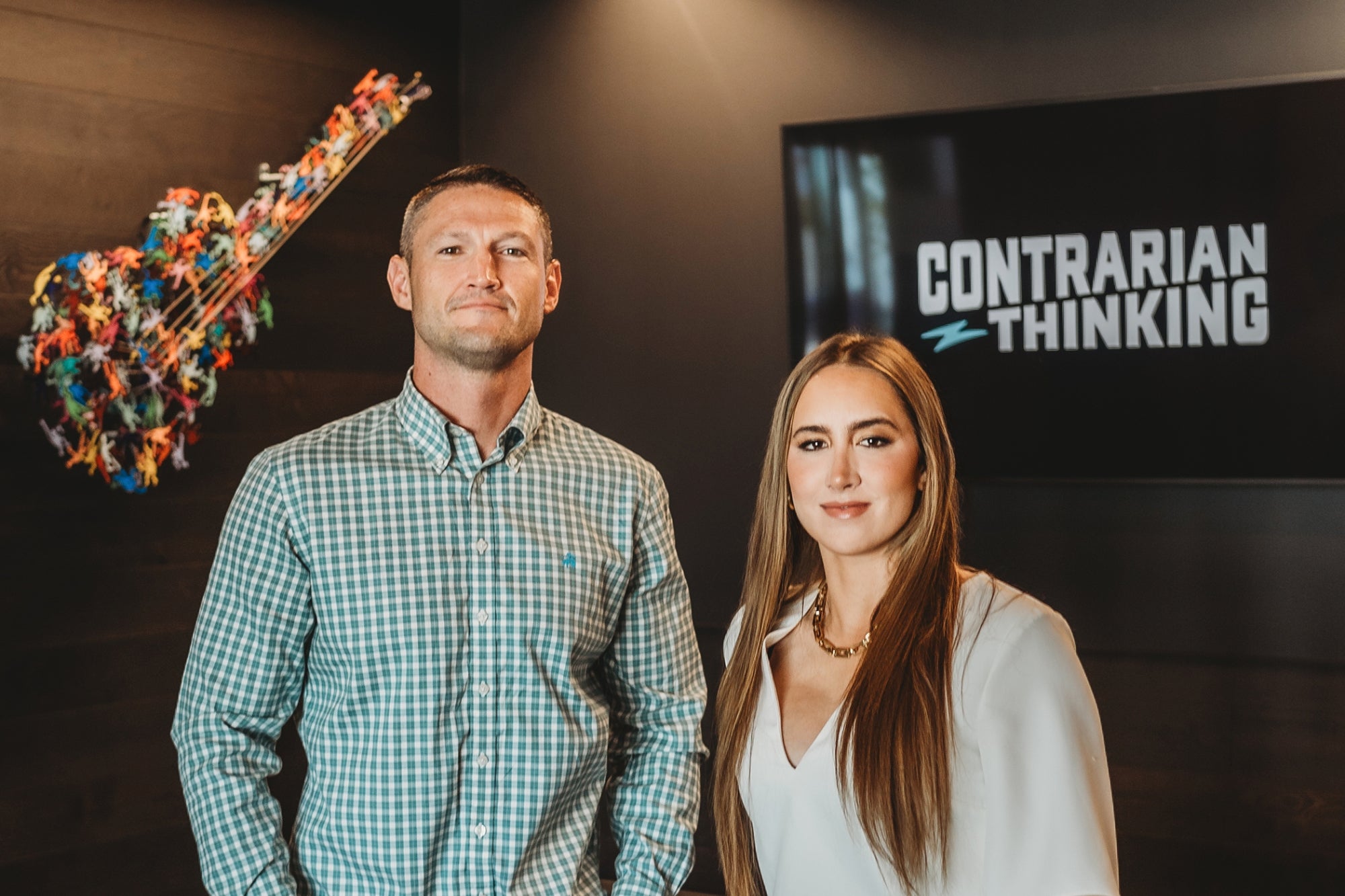Are You Leading With Your Heart? Here's What Leaders Need Now More Than Ever Too many leaders chase numbers and forget people. And it's costing them more than they think.
By Matthew J. Kirchner Edited by Micah Zimmerman
Key Takeaways
- Culture isn't just a feel-good concept; it's the infrastructure that keeps a business standing, especially in high-growth, high-pressure workplaces.
- As leaders, sincere engagement with others is how you keep teams aligned, motivated and resilient.
Opinions expressed by BIZ Experiences contributors are their own.

There's a misconception in business that you can be either people or performance-driven, but not both. That thinking isn't just flawed; it's dangerous. When you sacrifice humanity for short-term wins, you risk alienating the people who made your business worth something to begin with.
I've seen this tension firsthand in industries like healthcare and veterinary medicine, where performance pressure is surging, leading to a sharp focus on optimizing profit margins. To get there, many leaders default to ruthless management styles, prioritizing growth or efficiency, often to the detriment of the people who followed their passion – and compassion – into those lines of work.
As a seasoned healthcare CEO who has successfully scaled multiple companies, I know there's a better way. I've long practiced heart-led leadership, an approach that centers empathy, trust and service without sacrificing business performance. It is possible to meet aggressive business goals without taking a 'command-and-control' approach, and studies concur: companies with leaders who put their people first so they can better care for customers are 4.2 times more likely to outperform their peers, and achieve an average 30% higher revenue growth.
The path to stronger financial performance and more sustainable business growth begins with people. Here's how.
Take the time to understand those doing the work
It's all too easy to view growth as numbers on a spreadsheet, but understanding the people behind the profits gives leaders an edge. After all, people don't tend to leave companies; they leave toxic cultures or bad managers.
When I join a business as CEO, I'm often working alongside a passionate founder who is shifting into a new role. More often than not, I'm also restructuring teams and welcoming new people into the fold. At one healthcare company where I was brought in to rapidly consolidate new practices, we completed 17 transactions in 2.5 years. It was an enormous amount of change, and it could have been disastrous.
Fortunately, taking a heart-led approach allowed me to connect with them quickly. I listened first. I asked questions. I showed up with curiosity, clarity and even vulnerability. That gave people the confidence that I had their best interests at heart, and allowed me to move team members into new roles with far less friction.
Trust is the real accelerant. In high-credibility organizations, employees are 250% more motivated, have a 41% lower absence rate and are 50% less likely to quit. That leads to higher engagement, creativity and productivity across the board.
And retention follows trust. People are more likely to remain in a role when they feel connected to their team and valued by their leaders. When work becomes overly transactional, the motivation to stay fades.
Related: Why Nobody's Reading Your Company Blog — and How to Fix It
Build a culture where people can thrive
Before I got into healthcare, I worked as an investment banker. I only spent a year in the role, but it felt more like a decade thanks to a culture of 24/7 availability and the expectation to work 100-hour weeks churning out pitch decks and Excel models. To make matters worse, new hires were simply thrown into the deep end and expected to swim — or sink.
The role had a significant impact on my leadership approach and reinforced my inclination to develop nurturing work cultures — even in profit-driven industries. Culture isn't just a feel-good concept; it's the infrastructure that keeps a business standing, especially in high-growth, high-pressure workplaces. When leaders create environments where people feel supported, respected and empowered to grow, performance naturally follows, and service businesses thrive as a result.
Related: 4 Ways to Help Your Entry-Level Hires Thrive in the Workplace
Get to know yourself, too
Strong leadership starts from within. I'm sure I'm not the only CEO who's opted to keep board and investor-related challenges to themselves. In one instance, there were hurdles affecting how I showed up at work, but my colleagues didn't know why until I eventually opened up about it. When I finally shared, their response surprised me: they were eager to help. That support reminded me that vulnerability isn't weakness, it's trust in action.
Self-awareness is a powerful tool. My own process involves a long-standing habit of journaling, writing reflective letters and asking for feedback. These habits have helped me recognize patterns, regulate emotions and connect more meaningfully. You don't have to do it my way, but every leader benefits from building emotional fluency.
In the high-pressure environments of healthcare and veterinary services (along with many other sectors), sincere engagement with others is simply not optional. It's how you keep teams aligned, motivated and resilient. And knowing yourself helps you adjust in moments of crisis, critical decision-making or strategic execution.
The best leaders know when to step forward decisively and when to pull back to listen. They carry humanity with them, even under pressure, and create environments where people do their best work. They understand that profits have to be there, too, and that when you prioritize people, performance ultimately follows.
So ask yourself: what would change if you treated empathy as a strategy, not a soft skill? Chances are, your team — and your bottom line — would thank you for it.









